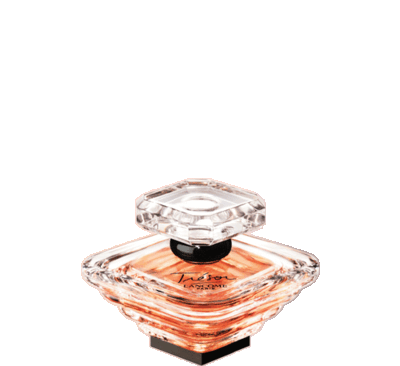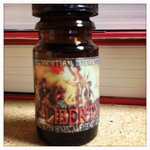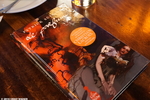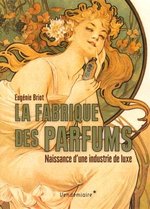Article about Perfume Imitation & Copyrights: The Dutch Position {Fragrant Reading}

Here is a very interesting article by Prof. Kamiel Koelman from the Vrije Universiteit in Amsterdam which summarizes the position on perfume copyrights in Holland as based on the case of Trésor by Lancôme, which was examined by the courts in 2006. The paper raises a host of philosophical, biological, and legal questions and reveals the complexity of the issue.
"The French cosmetics company, Lancôme, sells an exclusive perfume under the name Trésor (Treasure). Kecofa, a small Dutch firm, sells its Female Treasure perfume at a tenth of the price. Lancôme had previously tried to stop Kecofa by invoking its trademark right to the word Trésor, but failed, because the courts found that consumers were unlikely to confuse the brands. In 2000, after the Dutch Trademark act was updated, Lancôme tried again, but this time also claimed infringement of its copyright in the perfume. The trademark claim failed once more, but - probably to Lancôme's surprise - the copyright claim succeeded and was further sanctioned by the Dutch High Court.1
Coincidentally, just three days before, the French Supreme Court had ruled that a perfume - Dior's Dune - was not copyrightable. The French court likened parfumeurs to mere craftsmen, like carpenters or plumbers, rather than artists, and as such found their works not eligible for copyright protection.2...
"License to smell
The Dutch Copyright Act does not contain an exhaustive list of subject matter that can be protected. Basically, anything can qualify for protection as long as it is perceptible and original. The High Court ruled that the smell of a perfume may fulfil these requirements, even if only perceptible through the nose. The Court distinguished the scent of a perfume from its recipe or the liquid containing it, comparing the latter to the paper of a book, which is not subject matter of copyright, whereas the content of the book is. This distinction implies that a perfume that contains completely different ingredients but smells the same may be infringing, while a perfume with a similar formula but a different scent would not be."
Read more in Wipo Magazine...









